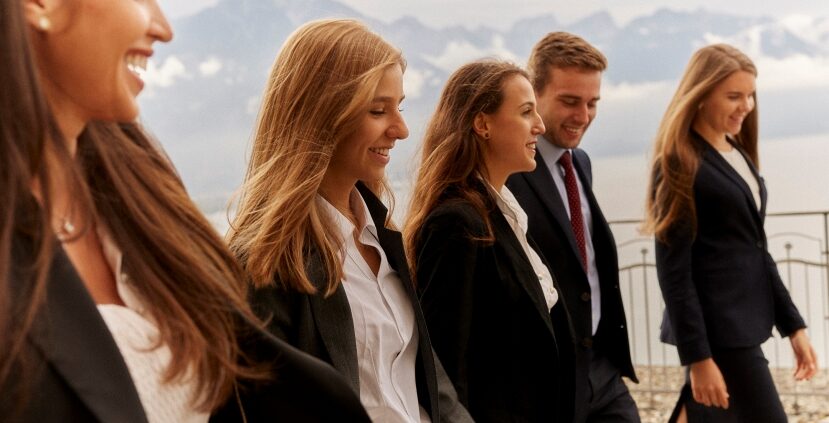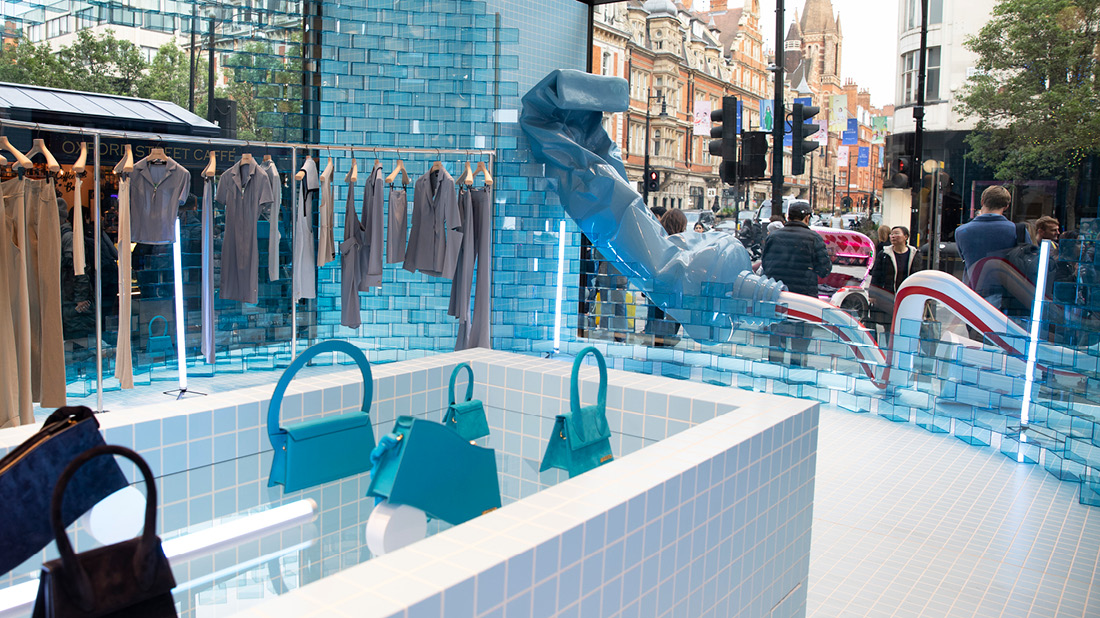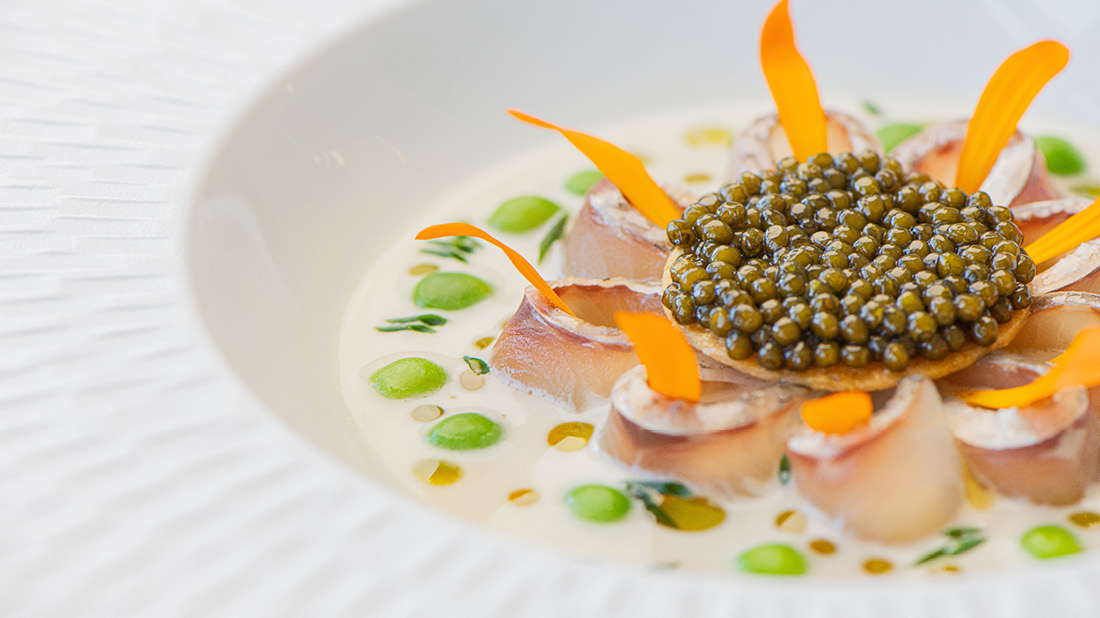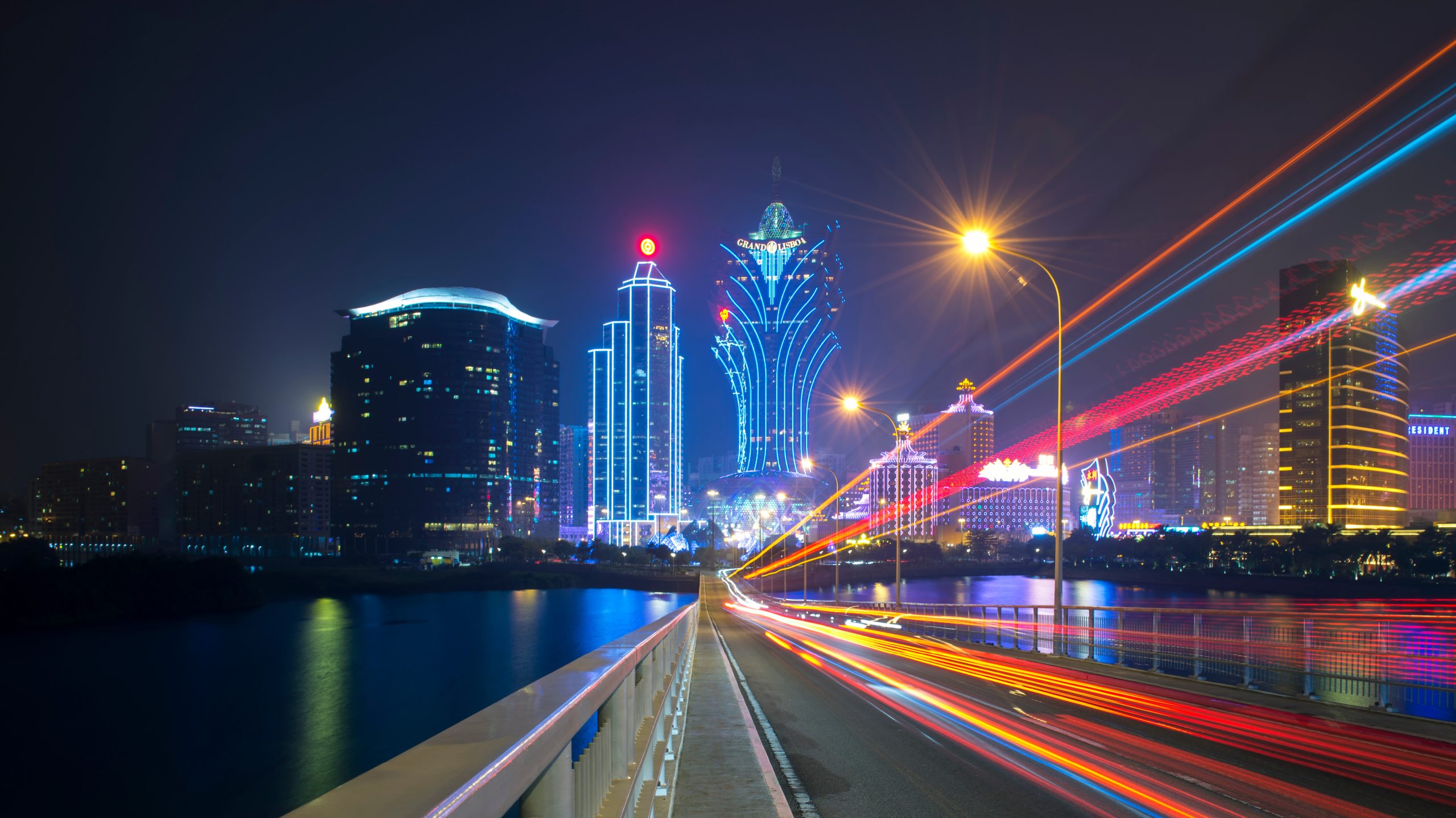
To satisfy new expectations, the hospitality business is always evolving. Luxury management in hospitality faces both obstacles and opportunities in the future. A more in-depth understanding can help industry experts handle these developments more effectively.

Luxury in hospitality entails more than just high-end accommodations and delectable cuisine. It’s a fusion of one-of-a-kind experiences, customized service, and a deep connection to the local culture. Luxury management experts play a critical role in developing and delivering these experiences.
Some forecasts and insights regarding the future of luxury management in hospitality are discussed in the section below. Let’s take a look at some of the upcoming developments in the sector.

Technology fosters transformation in all businesses, including hospitality. Technology integration in luxury hospitality results in a more tailored guest experience. Artificial intelligence, virtual reality, and the Internet of Things (IoT) are among the technologies poised to transform the industry.
Personalization can be automated using artificial intelligence. It enables hotels to provide visitors with services that are customized to their tastes. Immersive experiences can be provided by virtual reality, allowing guests to tour hotels or places before arriving. From regulating energy use to analyzing customer behavior, the Internet of Things can help businesses streamline operations.

Another noteworthy development is the growing importance of sustainability. Future luxury will be more environmentally conscious, with an emphasis on local culture. This will not only lessen the environmental impact, but it will also improve the guest experience.
Local product procurement, waste reduction, and the use of renewable energy are all examples of sustainability practices. Luxury hotels may also collaborate with local communities to provide unique experiences that are steeped in the local culture and environment.

Millennials, or people born between 1981 and 1996, are increasingly important players in the luxury industry. Their preferences are markedly different from those of preceding generations. They favor experiences over stuff, causing a shift in the definition of luxury.
Understanding these new demands is crucial for a luxury management master. It entails creating services that provide distinct, real experiences. A premium hotel, for example, could provide cooking classes with a well-known local chef or special tours of nearby sights.

Skilled and knowledgeable personnel is an essential component of premium hospitality. Employees will require a wide skill set in the future. They will need technological expertise, a solid awareness of sustainability, and the capacity to create one-of-a-kind experiences.
In general, future luxury hospitality employees will be well-rounded, versatile, and forward-thinking. Employee training will become increasingly crucial, with an emphasis not only on skills but also on acquiring a thorough awareness of guest needs and expectations.

Wellness is a developing trend in the hospitality industry, and it will continue to evolve in the luxury market. The emphasis will be on the overall physical and mental well-being of guests rather than merely on spas and gyms.
Personalized wellness activities, such as food menus adapted to their needs, private yoga sessions, or mental well-being initiatives such as meditation classes, would be expected of guests. These services will necessitate a thorough awareness of individual visitor requirements as well as a dedication to holistic health and fitness.

Historically, the sharing economy and luxury hospitality appeared to be irreconcilable. However, as companies such as Airbnb add luxury listings, the hotel industry must adapt.
While the sharing economy began with low-cost travel, it has since expanded to include one-of-a-kind, high-quality experiences. Luxury hotels may capitalize on this trend by offering unique experiences that cannot be found in a regular listing. This could be a one-of-a-kind location, exclusive services, or high-end amenities.

Luxury hotel operators must guarantee their visitors feel comfortable in an era where safety and security are vital. This includes not only physical safety but also data security.
Advanced screening methods, high-tech security systems, and severe health and safety protocols could all be used as physical safety measures. In terms of data security, luxury suppliers will need to implement strong safeguards to protect guests’ personal information, fostering confidence and providing peace of mind.

The landscape of luxury hospitality will continue to transform as a result of technological advancements, increasing consumer expectations, sustainability, and global economic changes. Luxury management experts who can handle these shifts, embrace innovation, and remain sensitive to their guests’ shifting requirements will succeed in the future. For those that dare to innovate and lead the way, the trip toward the future of luxury hospitality promises to be thrilling and rewarding.